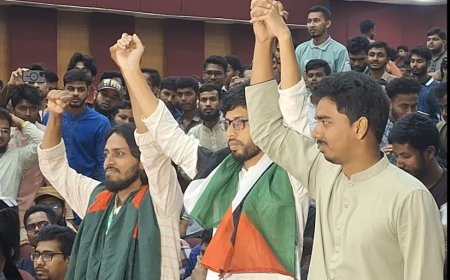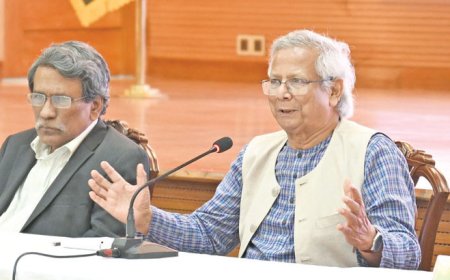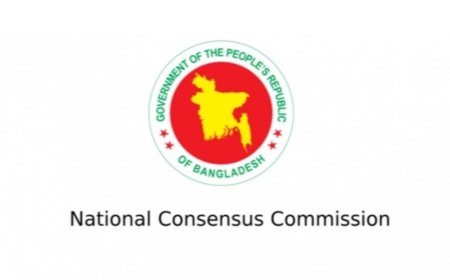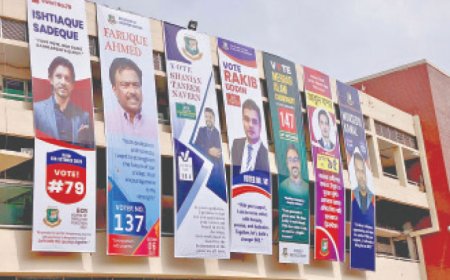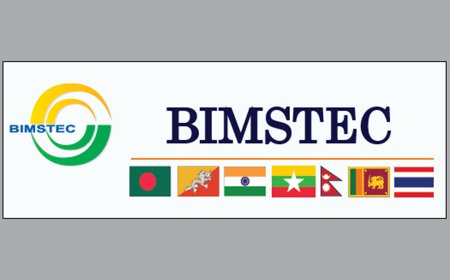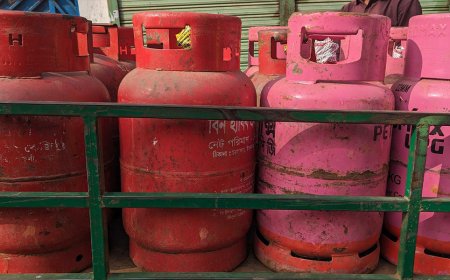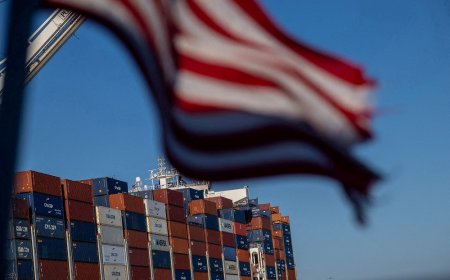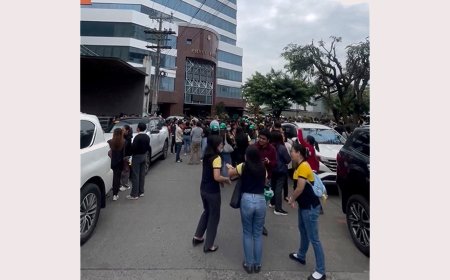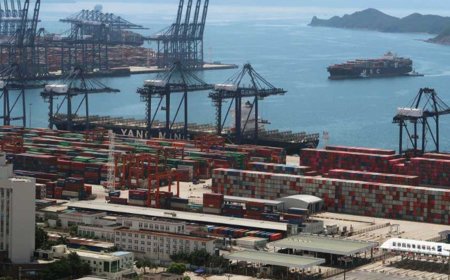Chinese researchers achieve advancements in maintaining vegetable freshness
Chinese researchers achieve advancements in maintaining vegetable freshness
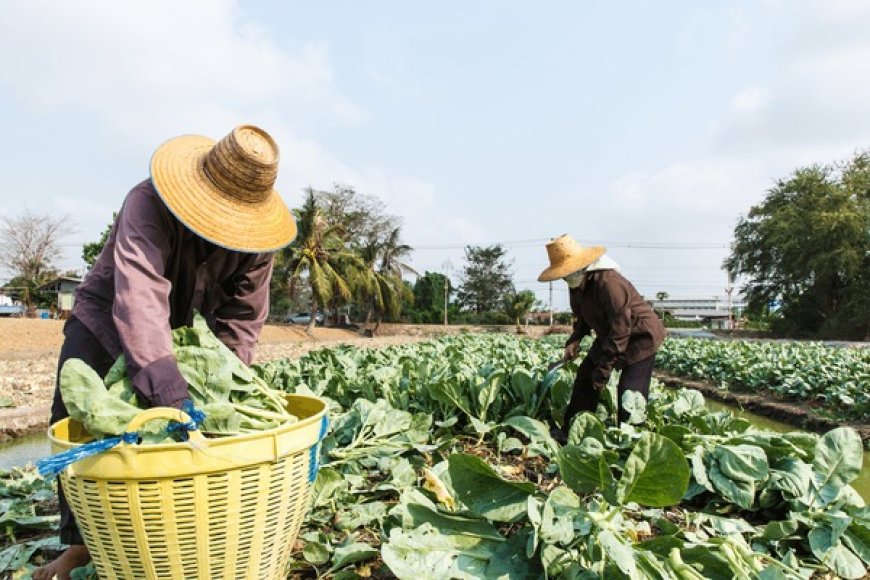
Chinese researchers at the Beijing Academy of Agriculture and Forestry Sciences are spearheading advancements in postharvest technology to enhance vegetable preservation. Their efforts aim to retain freshness and nutritional value while reducing waste. Beyond merely extending shelf life, their research prioritizes maintaining the overall quality of produce.
A primary area of focus is rapid precooling, a vital step in preserving vegetable freshness. This process involves swiftly reducing the temperature of freshly harvested vegetables to optimal levels for long-term storage, according to a report by Xinhua.
"It's like giving them an invisible shield of freshness," explained Wang Qing, a researcher on the preservation processing team.
However, effective precooling poses challenges due to the varying temperature requirements of different vegetables and their ripeness levels. To tackle this, the researchers established advanced experimental platforms to monitor physiological changes under various conditions. This meticulous approach allowed them to determine the ideal temperature ranges for each type of produce.
Through extensive research, the team developed innovative techniques such as integrated air cooling speed and humidity control, flowing-ice cooling in multilayered containers, and micro-nano ozone sterilization.
"Beyond the technology itself, we've designed a range of precooling equipment tailored to different vegetables," noted Zhao Xiaoyan, an official at the academy's agricultural product processing and nutritional food research institute.
These advancements have significantly improved the efficiency of precooling processes, doubling or even quadrupling the shelf life of vegetables supplied to urban markets.
Discoloration and texture degradation are additional challenges in vegetable preservation. "Discoloration during storage can lead to entire shipments being rejected, causing significant financial losses for farmers and businesses," said Wang Dan, another team member specializing in this area.
Starting with white radishes, the team replicated and analyzed the blue discoloration process in laboratory and real-world conditions. They identified a plant compound responsible for the discoloration and found that controlling gas composition in packaging effectively prevents this issue. Expanding their work, they uncovered enzymes and molecular mechanisms behind color changes and texture deterioration in other vegetables.
For instance, they investigated the softening of fresh-cut peppers, identifying biochemical processes that contribute to this issue. By integrating microbial reduction, light exposure regulation, and low-temperature storage, they extended the shelf life of fresh-cut peppers by two to three days.
Over the past two years, these innovations have been rolled out in 75 cities, including Beijing, Shanghai, and Shenzhen. The team's customized preservation technologies and equipment have transformed the vegetable supply chain, boosting sales revenue and profits for related industries.
What's Your Reaction?







